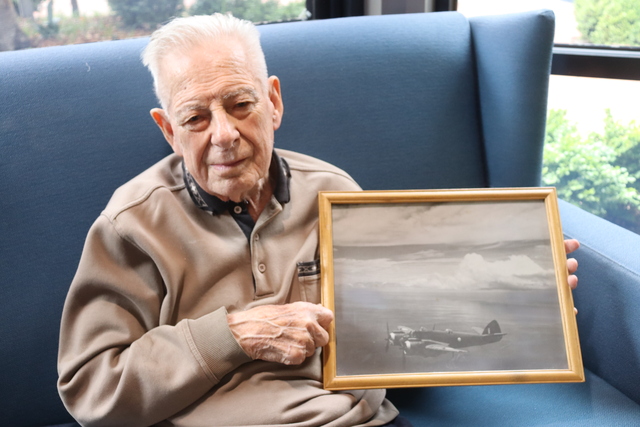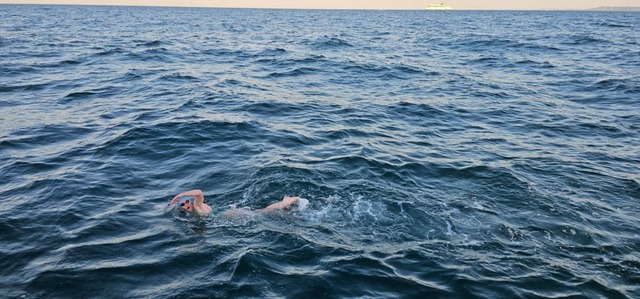By Mara Pattison-Sowden
WARBURTON Environment is ramping up its campaign to save the forests surrounding the town by educating people about the government’s plans and management strategies.
The group has a growing concern about the use of fire as a management strategy and how it believes fuel reduction burns make the forests more fire prone.
It will be taking people out to the areas that have recently had fuel reduction burns, and the areas already approved to be logged in Cement Creek.
Warburton resident Karina Doughty has stepped in to the president’s role at Warburton Environment, while long-time president Keith Sarah will remain on the committee.
Ms Doughty used to work with the Wilderness Society and has spent almost 20 years coming to the area.
“I’m very keen for people to connect with the natural area beyond their backyards and the Yarra, so they can make up their own minds what vision they want to see for Warburton,” she said.
Forty-five people, community and Warburton Environment members, attended a meeting on Monday 30 April at the Alpine Retreat Hotel, where they also heard from guest speakers councillor Samantha Dunn and DSE senior botanist David Cameron.
The group showed pictures of regeneration burns between East Warburton and Powelltown and images of the Cement Creek State Forest area that is planned to be logged.
Ms Doughty said they wanted to bring people’s awareness to what was going on in the forests.
“We don’t support the regeneration burns and we’re asking more questions about the fuel reduction burns,” she said.
“Like many members of the community, we don’t feel at ease with them, and we feel this intensive management style is leading to drier and more fire prone forests.”
Ms Doughty said the group wanted to encourage the community to join in the dialogue.
It has also begun to take community members out to the forest areas that aren’t protected to share the cultural and natural history of the area.
“We believe the majority of the community values these forests for the future and their capacity to store carbon, their water tributaries and catchments, and the significance of habitat trees to provide homes for endangered and rare species,” she said.
“Because of 30 years of overlogging and wildfires, it needs to be protected for the future.”
Find out more about Warburton Environment’s campaign plans on its Facebook page.
Push to save forests
Digital Editions
-

A veteran’s tale of 100 years
Purchase this photo from Pic Store: 476072 In 100 years of life, Eddie Ham has travelled from country Victoria to fighting from the air in…





